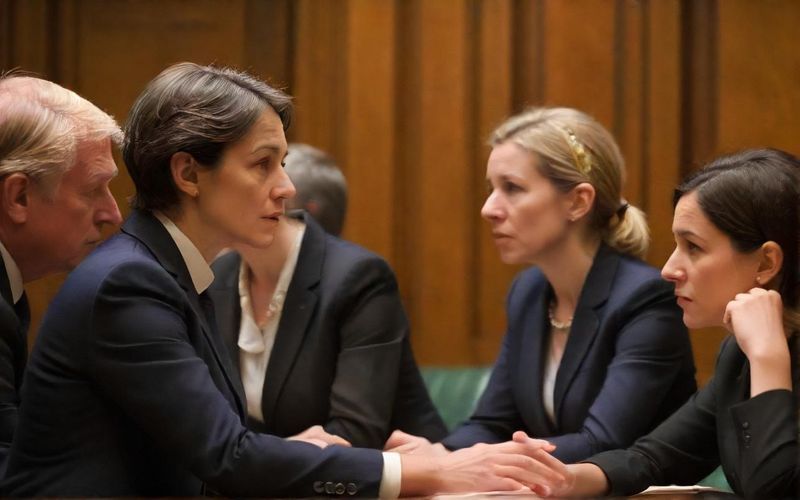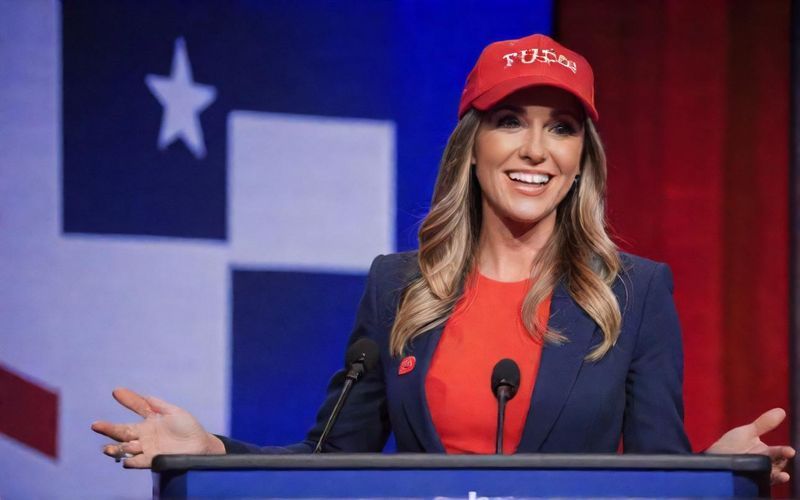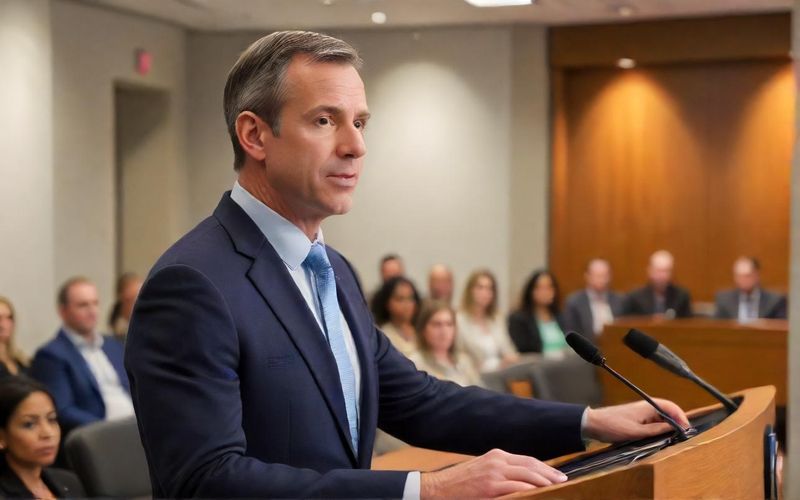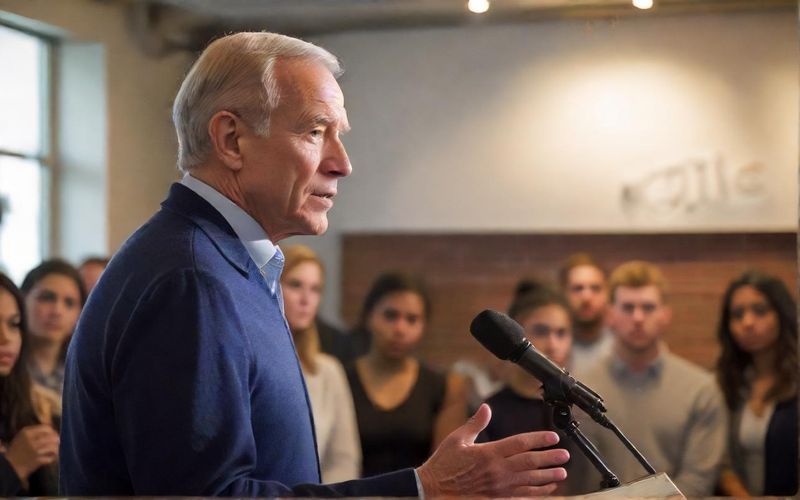Shutdown Looms: Healthcare Subsidies at Center Stage

For weeks, lawmakers have been locked in a stalemate, a testament to how deeply ingrained the debate over the Affordable Care Act, or Obamacare, has become. Senate Democrats, led by Chuck Schumer, have put forth an offer designed to pry open the government’s doors. Their proposal? A one-year extension of expiring healthcare subsidies, coupled with funding measures to get federal agencies back online. It's a compromise, Schumer argues, a "simple" way to prevent a massive spike in insurance costs for Americans and allow for future negotiations on longer-term reforms.
But the Republican response has been swift and dismissive. Senate Majority Leader John Thune has labeled the offer a "nonstarter," reiterating the GOP's stance: the government must reopen first, and *then* healthcare subsidies can be on the negotiating table. This isn't a new refrain. Republicans, for years, have railed against Obamacare, viewing its subsidies as a flawed system that inflates healthcare costs. They see the current situation not as a crisis demanding immediate relief, but as an opportunity to relitigate a decade-old law.
This is where the human element of the senate democrats government shutdown truly bites. While politicians engage in procedural jousting and ideological battles, real people are left in the lurch. Federal employees face missed paychecks, creating immense stress and uncertainty. Air travel, a vital engine of our economy, is already experiencing delays, a problem that will only worsen as the holiday season approaches. And for the most vulnerable, the delay in SNAP benefits can mean the difference between a full pantry and an empty one.
The GOP's argument that subsidies are merely propping up a broken system, while perhaps ideologically pure for some, seems detached from the immediate reality faced by the approximately 24 million people who rely on these subsidies. To frame this solely as pumping money to insurance companies, as some Republicans have, ignores the fundamental purpose of these subsidies: to make healthcare accessible and affordable. When premiums are skyrocketing, as they are now, and when a temporary solution is offered, the refusal to even consider it feels less like principled opposition and more like a deliberate act of political brinkmanship, potentially at the expense of constituents.
What's particularly insightful here is the strategic maneuver by Democrats. By making healthcare subsidies the central issue, they've effectively annexed a deeply felt public concern. Republicans, despite promises and past attempts to dismantle Obamacare, have largely been inert on the issue of rising healthcare costs. This presents Democrats with a compelling narrative: they are the party actively trying to address a pressing need, while Republicans are stuck in an ideological loop, rehashing old battles.
The potential for internal party strife, especially within the Democratic party, is also a significant, often overlooked, consequence. If Democrats ultimately fail to secure a meaningful outcome on healthcare subsidies after prolonging the shutdown, progressive members may feel betrayed, just as they reportedly did in March. This internal pressure could further complicate any future negotiations and fracture party unity.
As the shutdown grinds on, the question isn't just about who will blink first. It's about whether our elected officials can move beyond the political theater and recognize the tangible impact their inaction has on the lives of everyday Americans. The holiday season is fast approaching, a time for togetherness and relief. Will this year be marked by continued governmental paralysis and missed opportunities, or will a genuine spirit of compromise finally prevail, ensuring that essential services are restored and that the critical need for affordable healthcare is addressed with the urgency it deserves?








